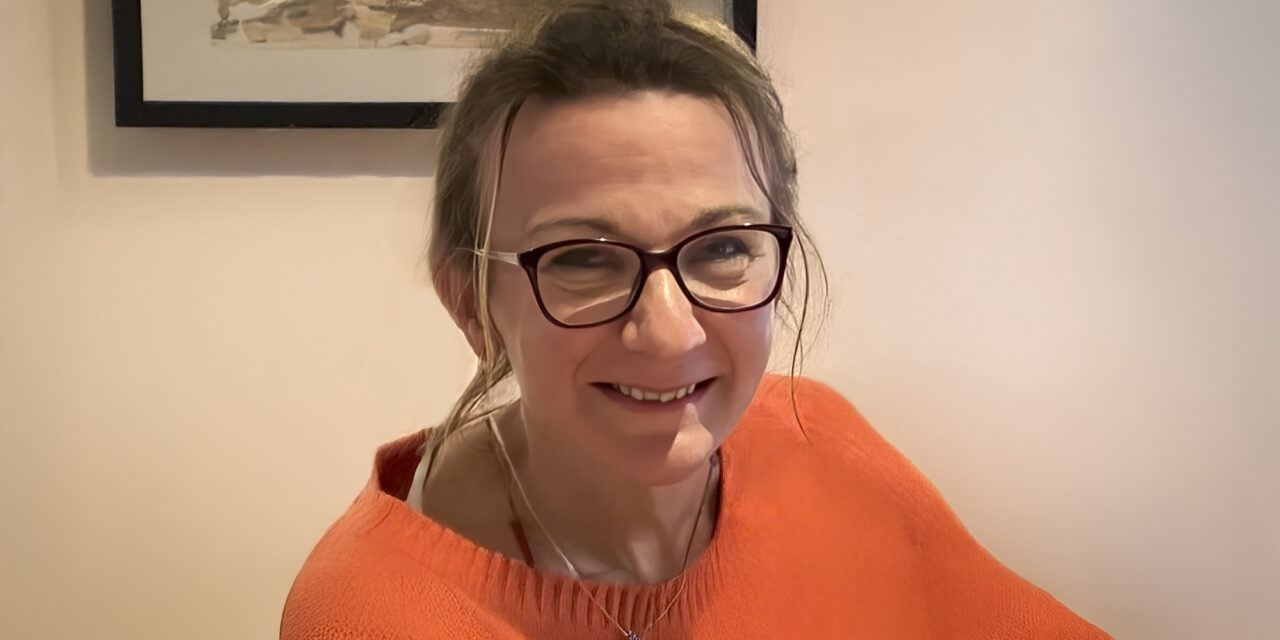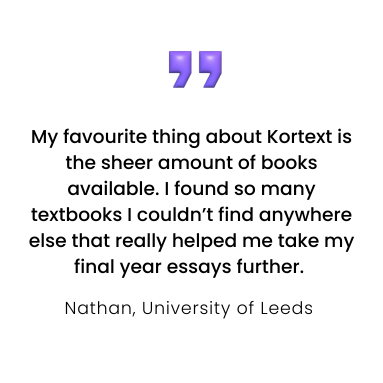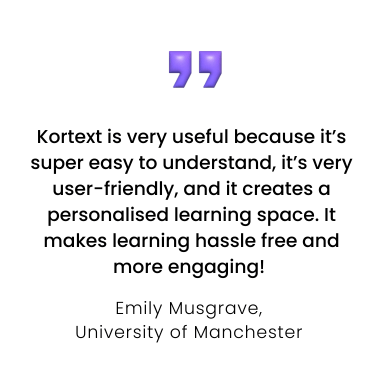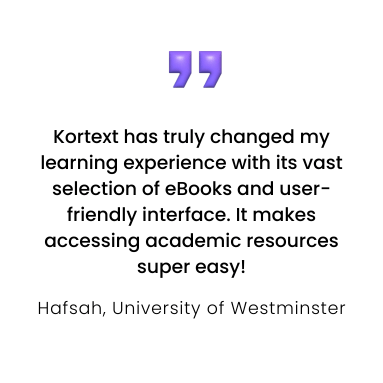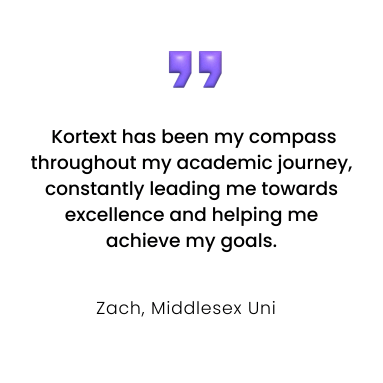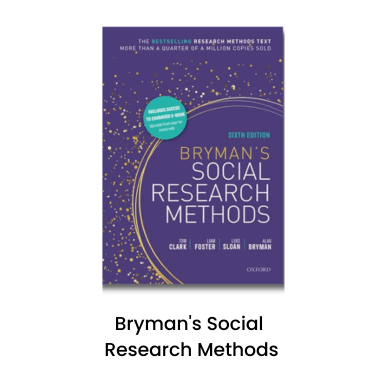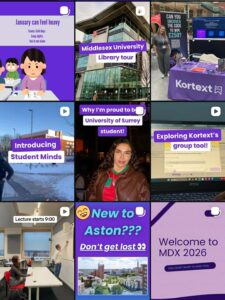The blog has been created by Daniel Mahon, a second-year student at the University of East London and Kortext ambassador, and reviewed by our team.
What does a typical day in your role look like?
It’s impossible to describe a typical day in my role, as every day is different and there are several aspects to my role.
Depending on whether students are on campus, I typically spend two days per week teaching face to face, with a day dedicated to administration and preparation in areas such as student support and obtaining resources and materials prior to lecturing.
Often, when the time comes, I will spend one day per week interviewing, including potential students who have applied. I average 100 interviews over the course of a year with my team.
When May comes around, I spend a lot of time marking assignments. Towards the beginning of summer, I conduct research for both myself and colleagues within my team.
Perhaps the busiest time is January to March when students are on placement, as I travel to schools to observe their practice. I have lots of paperwork and organisation to do then.
How has your role evolved in recent years?
I started working at the university in January 2022, so cannot comment on the influence of the pandemic at UEL.
However, more broadly, the pandemic has increased the ability to work from home and has brought a greater emphasis on technology usage and self-study.
In the last couple of years, new government regulations have made elements such as ITaP and mentoring training compulsory in primary education degrees to increase trainee performance.
What are the most rewarding aspects of your job?
For me, the most rewarding part of being an academic is seeing the growth of students within the course, particularly third-year students, as I can remember how they were in the first year of study compared to how they have grown and developed as trainee teachers.
As a lecturer, I value seeing progress among these students, as well as working with children in schools in order to impact their early lives.
Lastly, seeing students prepare for the world of work is rewarding, as I know I have made a difference to their career prospects.
Do you face any challenges in your role? If so, how do you overcome them?
I really love my work, but there will always be challenges, and some are impossible to resolve.
For example, it is difficult to manage certain aspects of the course when the university has its own regulations around degrees, while the Department for Education has regulations surrounding Qualified Teacher Status, as the two cannot work together harmoniously.
It’s challenging to put the two systems together and ensure all parties are happy. It feels like trying to turn a large ship around when certain factors prevent this from happening easily.
In terms of marking assessments, whilst I enjoy this aspect of my work, time is precious so I must ensure I am organised and meet deadlines, which can be stressful.
If I were to identify a specific time of year that is most difficult, I would say January as students begin their placements, assignments need marking, and sometimes clashes can arise with ITaP and placement dates, so manoeuvring things around may need to be done.
What are your thoughts on current issues in higher education like online learning, diversity and inclusion, and student mental health?
While I acknowledge the growth in online learning, students on the primary education programme are still expected to attend in person.
However, academic advising or tutorials can work well online, especially considering students with jobs who might find it easier meeting academics or support staff in this way.
In terms of diversity, Ofsted has picked up on diverse technology and pedagogy, making practice highly individual to the teacher, with trainees encouraged to experiment with their own techniques which can be developed through access to reading material to conduct research.
Inclusive practice is actually good practice, and this forms a large part of particular models and areas of teaching within the primary education course.
Another aspect is the growth in mental health and wellbeing issues. Thankfully, the university has a large and supportive team, so students have plenty of opportunities to arrange help and guidance within these areas if necessary.
Thank you, Flora, for an insightful interview!
You find out more about the University of East London on their website.

